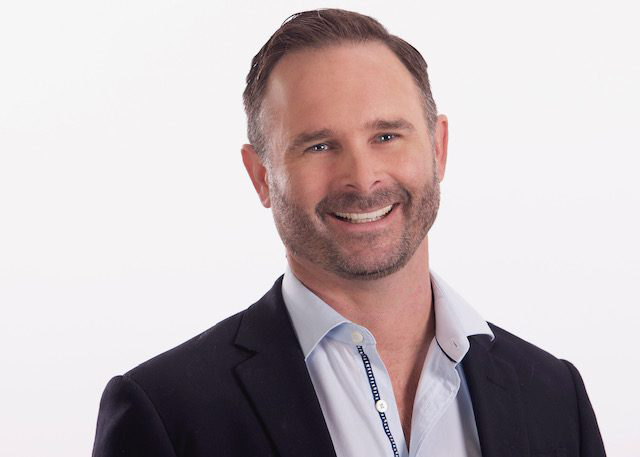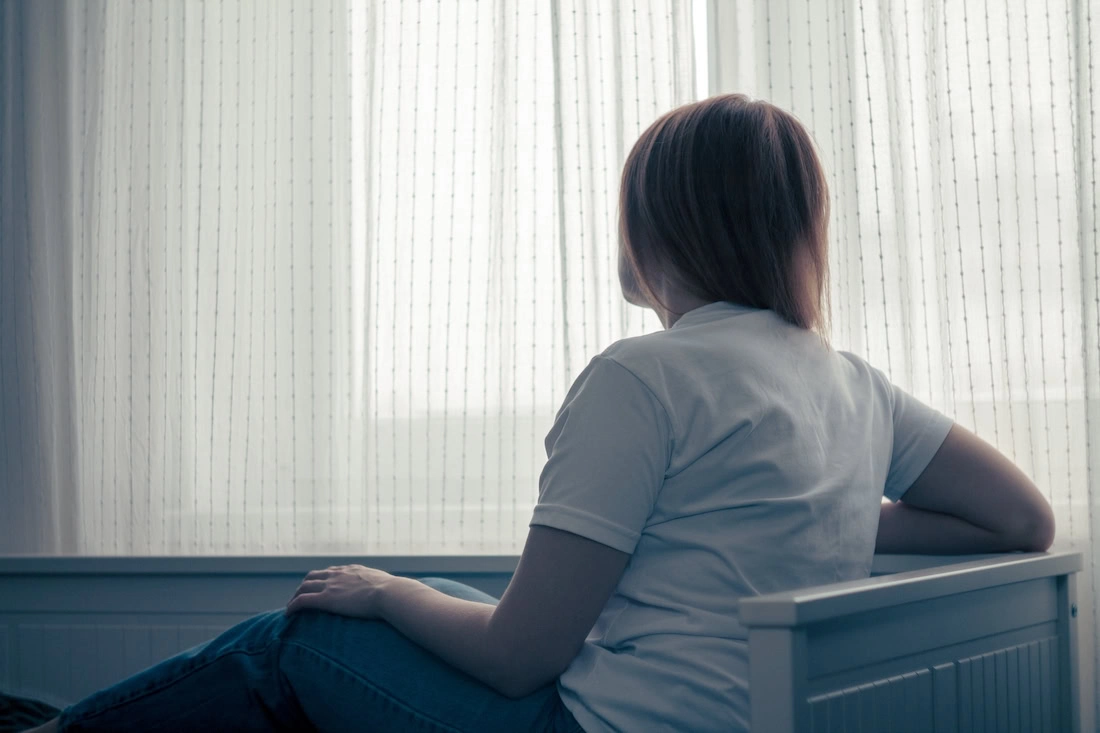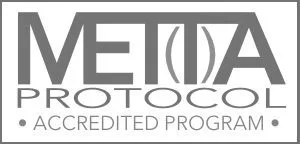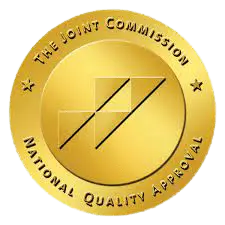Depression isn’t just a temporary feeling of sadness; it’s a complex mental health issue that impacts millions around the globe. But here’s an important point: depression is not the same for everyone. Various types of depression manifest differently, each with its unique symptoms and challenges. In this blog, we’ll explore the diverse types of depression.
The Many Faces of Depression
Understanding the different types of depression is crucial for effective treatment and support. Here are some of the most common forms:
- Major Depressive Disorder (MDD): Commonly known as clinical depression, Major Depressive Disorder (MDD) is marked by ongoing feelings of sadness, hopelessness, and a disinterest in things you once enjoyed. Recent studies show that about 8.3 percent of American adults face MDD annually.
- Persistent Depressive Disorder (PDD): Also called dysthymia, PDD is a long-lasting type of depression that can stick around for at least two years. Its symptoms might not hit as hard as those of major depressive disorder (MDD), but they can linger and be tough to cope with.
- Seasonal Affective Disorder (SAD): If you’re feeling a bit low during the winter months, you might be dealing with Seasonal Affective Disorder (SAD). This kind of depression is often related to the changing seasons and the lack of sunlight.
- Postpartum Depression: Postpartum depression affects new mothers and is often much more substantial and longer-lasting than the “baby blues.” It can make it challenging for a mom to care for herself and her baby.
- Premenstrual Dysphoric Disorder (PMDD): A severe form of premenstrual syndrome (PMS), PMDD causes significant mood swings, irritability, and depression in the weeks leading up to menstruation.
- Atypical Depression: Atypical depression defies the typical symptoms of depression. People with atypical depression often find their mood lifts when good things happen. They may also notice increased appetite and a feeling of heaviness in their arms and legs.
What Causes Depression?
Identifying the types of depression is essential for obtaining appropriate assistance. Defining the causes is equally as important.
Several factors contribute to mental illness, including:
- Genetic predisposition: Conditions like severe depression can run in families.
- Biochemical imbalances: Changes in brain chemistry can significantly affect mental health.
- Social stressors: Challenges such as poverty can add pressure and impact well-being.
- Traumatic events: Experiences like losing a loved one can trigger mental health issues.
- Chronic illness: Ongoing health problems can take a toll on mental stability.
- Substance abuse: Misusing drugs or alcohol can exacerbate mental health challenges.
As we continue to explore the reasons behind mental illness, one thing is clear: there is help available. Progress is being made, and support is there for those who need it.
Breaking Down Barriers: Depression Treatment Options
It is common for clients with depression to undergo a combination of treatment modalities, which are individually tailored. While some institutions may be limited to psychiatric help, SEE Purpose Treatment Center embraces the healing of mind and body.
Here’s what we can offer:
- Detox Programs: Clearing the mind starts with cleansing the body.
- Dialectical Behavior Therapy (DBT): Helps individuals manage emotions and reduce self-destructive behaviors.
- Cognitive Behavioral Therapy (CBT): A powerful tool for changing negative thought patterns and improving emotional regulation.
- Group and Family Therapy: Strengthening support systems and improving family communication.
At our residential treatment facility, we provide so much more than just therapy sessions. Located on beautiful, peaceful grounds, SEE Purpose Treatment Center is a true haven for healing. Here’s what you can expect:
- Luxurious Amenities: A pool to unwind, gourmet meals to nourish, and an onsite client lounge for relaxation.
- Recreational Activities: Avoid boredom and engage in fun activities like pool tables and ping pong to foster community and joy.
Embrace a New Chapter: Contact Us
Depression is a tough battle, but the good news is that it’s also something you can take action against. SEE Purpose Treatment Center offers a clinically tailored treatment program to make your stay as productive as possible. Our supportive environment is perfect for helping you rediscover happiness and fulfillment in your life.
Imagine a time when healing becomes your new normal. When you’re ready, contact us to start finding your purpose. We’re here for you!

